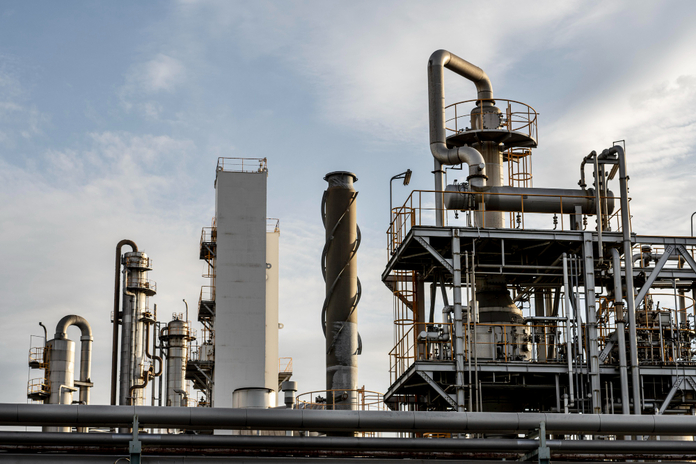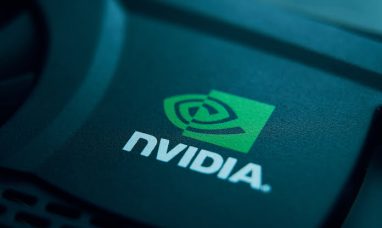ConocoPhillips (NYSE:COP) plans to acquire Marathon Oil (NYSE:MRO) in an all-stock deal valued at $22.5 billion, including debt, continuing a recent wave of mergers and acquisitions in the energy sector.
Following the announcement, Marathon Oil’s shares surged approximately 8% on Wednesday, while ConocoPhillips’ shares dropped over 3%.
This merger is part of a broader trend of consolidation in the oil industry as cash-rich companies seek to utilize their capital. Recently, ExxonMobil (NYSE:XOM) completed its $59.5 billion acquisition of Pioneer Natural Resources, enhancing its presence in the Permian Basin. Additionally, Hess (NYSE:HES) shareholders approved a $53 billion buyout by Chevron (NYSE:CVX) on Tuesday, which includes Hess’s significant stake in Guyana. Other notable deals in the past year include Occidental Petroleum’s (NYSE:OXY) $12 billion acquisition of CrownRock and Diamondback Energy’s (NASDAQ:FANG) $26 billion purchase of Endeavor Energy.
Matt Willer, managing director of capital markets and partner at Phoenix Capital, noted, “These deals are about acquiring acreage and inventory, reflecting a need to compensate for years of underinvestment due to political and regulatory uncertainties.”
Citi analysts highlighted that the ConocoPhillips-Marathon deal differs from other major mergers in the sector. “While others have focused on inventory and growth, this transaction emphasizes cost and operational optimization,” wrote Alastair Syme and his team.
ConocoPhillips expects to achieve $500 million in cost and capital efficiencies within the first year after the merger’s completion. The acquisition will diversify ConocoPhillips’ domestic assets, with Marathon’s production primarily in Texas and North Dakota.
“The deal, expected to close in Q4, will boost ConocoPhillips’ production by 31%, based on Q1 2024 levels,” stated CFRA equity research analyst Stewart Glickman, who maintains a Hold rating on ConocoPhillips with a $125 price target.
According to Ed Hirs, senior fellow at the University of Houston, the agreement is unlikely to face significant antitrust issues. “The combined companies are still smaller than the major oil companies and lack downstream assets for refining, distribution, and retail.”
ConocoPhillips, which spun off its downstream business in 2012, has a market cap of $134 billion, compared to Chevron’s $291 billion and ExxonMobil’s $511 billion.
While recent mergers are expected to proceed smoothly from a regulatory perspective, Chevron’s acquisition of Hess faces an additional challenge. Earlier this year, ExxonMobil filed for arbitration over the merger, claiming it has the right of first refusal for Hess’s asset in Guyana, based on a joint operating agreement.
Carin Dehne-Kiley, Director at S&P Global Ratings, noted, “The deal might collapse if Chevron cannot secure the Guyana interest along with Hess’ other assets. Guyana is the crown jewel in Hess’ portfolio, with current gross production around 580,000 barrels per day, projected to nearly double by 2026.”
Featured Image: Freepik









